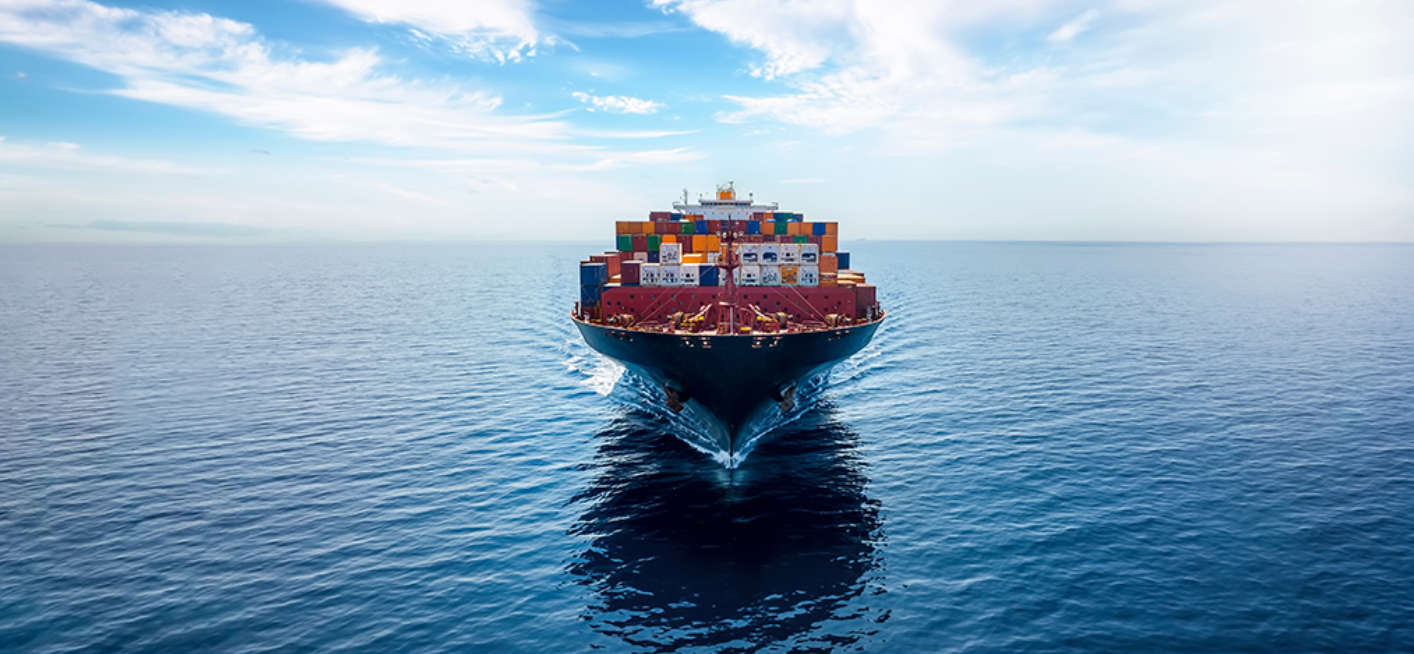
In a pivotal step towards combating greenhouse gas (GHG) emissions in international shipping, the International Maritime Organization (IMO) has agreed on a potential draft outline for a “net-zero framework.” This development emerged during the Maritime Environment Protection Committee’s (MEPC 81) meeting held in London from March, 2024.
The proposed IMO net-zero framework aims to establish global regulations, termed as “mid-term GHG reduction measures,” aligning with the objectives outlined in the 2023 IMO Strategy on the Reduction of GHG Emissions from Ships. At the conclusion of MEPC 81, IMO Secretary-General Mr. Arsenio Dominguez highlighted the significance of the progress made, emphasizing the committee’s vital role in addressing environmental challenges.
The draft outline of the IMO net-zero framework includes provisions under the International Convention for the Prevention of Pollution from Ships (MARPOL). These regulations are expected to accommodate a new global fuel standard and pricing mechanism to mitigate maritime GHG emissions effectively. Proposed elements comprise a goal-based marine fuel standard for phased GHG intensity reduction and economic mechanisms to incentivize the transition to net-zero emissions.
These measures, specified in the revised IMO Strategy, signify a concerted effort towards sustainability and environmental responsibility in the maritime sector. Various proposals are under consideration to define the specifics of these mid-term GHG reduction measures.
Moving forward, the draft outline will serve as a foundation for consolidating diverse proposals into a cohesive structure, facilitating further discussions and deliberations. It’s crucial to note that this outline remains open to modifications as discussions progress.
Additionally, MEPC outlined several next steps in addressing GHG emissions ahead of its next meeting (MEPC 82), scheduled for September 30 to October 4, 2024. These include conducting a comprehensive impact assessment on proposed mid-term measures, organizing expert workshops, and establishing working groups to delve into specific aspects of GHG reduction.
Beyond GHG emissions, MEPC addressed various environmental concerns during its session. These include approving new Emission Control Areas (ECAs), endorsing recommendations for plastic pellet transport, and advancing plans for noise reduction and alternative fuel guidelines.
The adoption of revised Guidelines on the life cycle GHG intensity of marine fuels underscores the commitment to advancing environmental standards within the maritime industry. These guidelines aim to enhance calculations for emission factors and facilitate informed decision-making regarding fuel usage.
MEPC’s initiatives reflect a concerted effort by the maritime community to address environmental challenges while advancing sustainable practices. As the industry progresses towards a net-zero future, collaborative efforts and proactive measures will be essential in achieving meaningful and lasting change.


